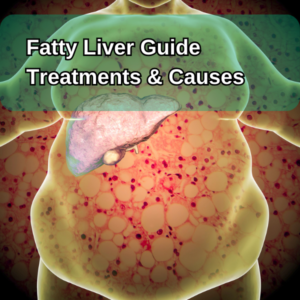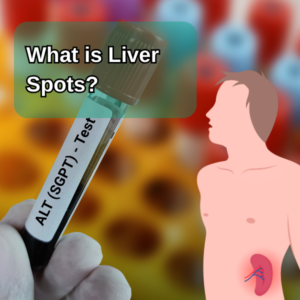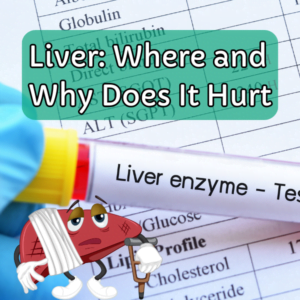+90 533 813 89 77
info@bookingforhealth.com

Recovery After Liver Transplantation

Recovery after liver transplant surgery, this operation is of great importance as it is an extremely sensitive and significant period. Patients should take care of themselves as much as they do in the preparation process and avoid things that will negatively affect the results of the surgery.
Recovery after transplant can take a long time, and in some cases it can be difficult. Therefore, it is very important for the patient to be patient and strictly follow the doctor’s instructions. During the liver transplant recovery process, patients usually go through the steps listed below.
Steps of Recovery Period in Liver Transplant
- Immediate Recovery
After the surgery, the patients are taken to the intensive care unit (ICU) to recover. They are closely followed for any complications and receive drugs to help prevent rejection of the transplanted liver. The also receive painkillers to manage any discomfort.
The patients may have a tube in their throat to help the breathe and a drain in their abdomen to remove excess fluid. These will be removed once they are stable.
- Hospital Stay
The length of the hospital stay depends on the patients’ overall health and the course of their healing. Most people stay in the hospital for about 2 to 3 weeks after a liver transplant. During this time, they may receive physical therapy to help regain their strength.
- Returning Home
Once the patients are stable and have recovered enough to go home, they are discharged from the hospital. They need to follow a strict medication regimen to help prevent rejection of the transplanted liver and to manage any other medical conditions they may have. The patients also need to follow a healthy diet and exercise routine.
- Follow-up Care
After the patients are discharged from the hospital, they will need to have regular follow-up appointments with their medical team. These appointments typically are scheduled every few weeks at first, and then every few months.
During these appointments, the doctor checks the transplanted liver to make sure it is functioning properly and monitors the patient for any complications. The patients also receive blood tests and other diagnostic tests to help the specialists track their progress.
- Possible Complications
As with any major surgery, there is a risk of complications after a liver transplant. These may include bleeding, infection, and rejection of the transplanted liver. The patients may also experience side effects from the medications they are taking. It’s important to let the doctor knows if the patients experience any symptoms or if they have concerns about the
How Long Does it Take For a Liver to Regenerate After Transplant?
It typically takes several weeks to several months for the transplanted liver to regenerate after the surgery. The rate of regeneration can vary depending on the patient’s age, overall health, and the severity of their liver disease.
During the first few weeks after the transplant, the transplanted liver may not function at full capacity. The patient may need to follow a special diet and may need to take medications to help the liver regenerate. Over time, the transplanted liver will begin to function more normally and the patient’s diet and medication needs may be adjusted.
It’s important to note that the transplanted liver may never function as well as a healthy, native one. The patient may need to make lifestyle changes to help protect their transplanted liver and to prevent further damage. This may include avoiding alcohol and certain medications, following a healthy diet, and getting vaccinated to prevent infections.
Possible Problems After Liver Transplant
Bleeding can occur after a liver transplant due to the surgical incision or due to problems with the transplanted liver. Symptoms of bleeding may include nausea, vomiting, and abdominal pain. It’s important to report any symptoms of bleeding to your medical team as soon as possible.
In rare cases, the transplanted liver may fail suddenly, a condition known as acute liver failure. Symptoms of it may include yellowing of the skin and whites of the eyes, nausea, vomiting, and confusion. Acute liver failure is a medical emergency and requires immediate medical attention.
Over time, the transplanted liver may begin to fail gradually, a condition known as chronic liver failure. Symptoms of chronic liver failure may include fatigue, abdominal swelling, and confusion. It may require a second liver transplant.



